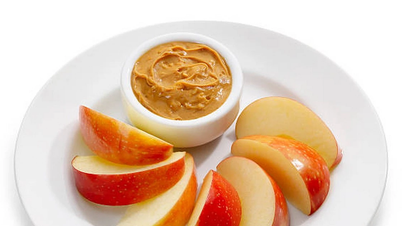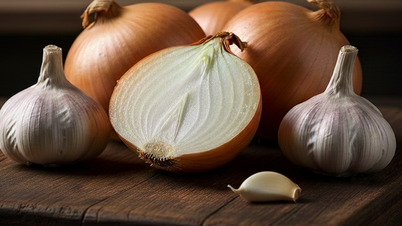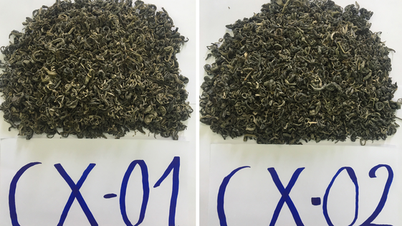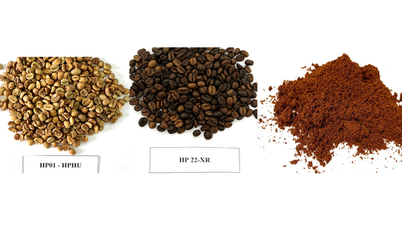Below, nutritionist Emer Delaney, founder of My Private Dietitian Nutrition Consulting Center (UK) and senior nutritionist Vicki Koenig, from Nutrition-Wise Nutrition Clinic (USA), will explain the difference between the two ways of eating above and the role of egg yolks in nutritional value, according to health magazine Prevention .
According to the US Department of Agriculture (USDA), 1 large egg contains 72 calories, 6 grams of protein, 5 grams of fat, while egg whites contain only 18 calories, 4 grams of protein, and absolutely no fat.

Eggs are great for overall health.
Photo: AI
Eggs are one of the most nutrient-dense natural foods, says Delaney. They are a complete source of protein, providing all nine essential amino acids that help build and maintain muscle, while also making you feel full longer. Egg yolks are especially rich in vitamins A, D, E, K, B12, folate, choline, and the antioxidants lutein and zeaxanthin. According to the National Institutes of Health , eggs are a rich source of choline, which is essential for cell membranes, mood regulation, muscle control, and metabolism. Furthermore, about two-thirds of the fat in eggs is good (unsaturated) fat, which helps reduce inflammation and protect the heart.
As for egg yolks, Delaney says they’ve been linked to increased cholesterol in the past. An egg contains about 207 mg of cholesterol, but the American Heart Association cites a 2019 study involving more than 250,000 people that found dietary cholesterol doesn’t increase cardiovascular risk, such as heart attacks or strokes. However, the way you prepare them matters—eggs with cheese, bacon, or sausage can increase saturated fat, while scrambled eggs with vegetables and a little cheese are a healthier option.
As for egg whites, Delaney says: Egg whites are a great source of lean protein, making them a good choice for those looking to increase their protein intake while keeping calories in check. They aid in muscle recovery, reduce hunger, and are ideal for weight loss.
However, Koenig warns: If you remove the yolk, you also lose most of the vitamins, minerals, and antioxidants. While Delaney emphasizes that the yolk is the most nutritious part of the egg.
So which way is better?
The answer is: Both are beneficial. However, depending on your nutritional goals, you can make the appropriate choice.
According to expert Koenig, if you want to reduce calories but still get enough protein, you can reduce the yolk and add egg whites.
But if you want to get all the nutrients, eat the whole egg, because at the end of the day, both whole eggs and egg whites are part of a healthy diet, according to Prevention.
Source: https://thanhnien.vn/an-trung-rot-cuoc-nen-an-hay-bo-long-do-moi-tot-185251025230352754.htm









































![[Video] The craft of making Dong Ho folk paintings has been inscribed by UNESCO on the List of Crafts in Need of Urgent Safeguarding.](https://vphoto.vietnam.vn/thumb/402x226/vietnam/resource/IMAGE/2025/12/10/1765350246533_tranh-dong-ho-734-jpg.webp)



































































Comment (0)